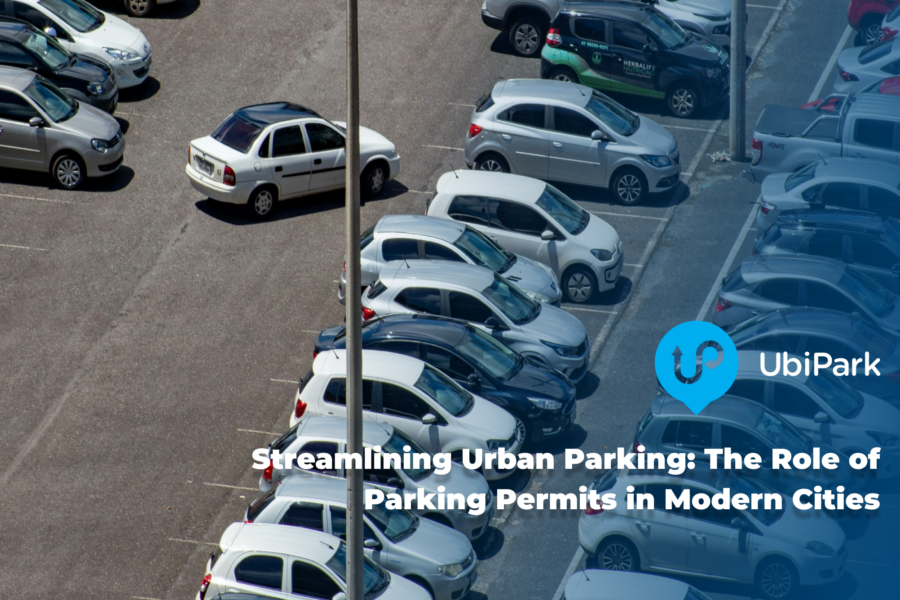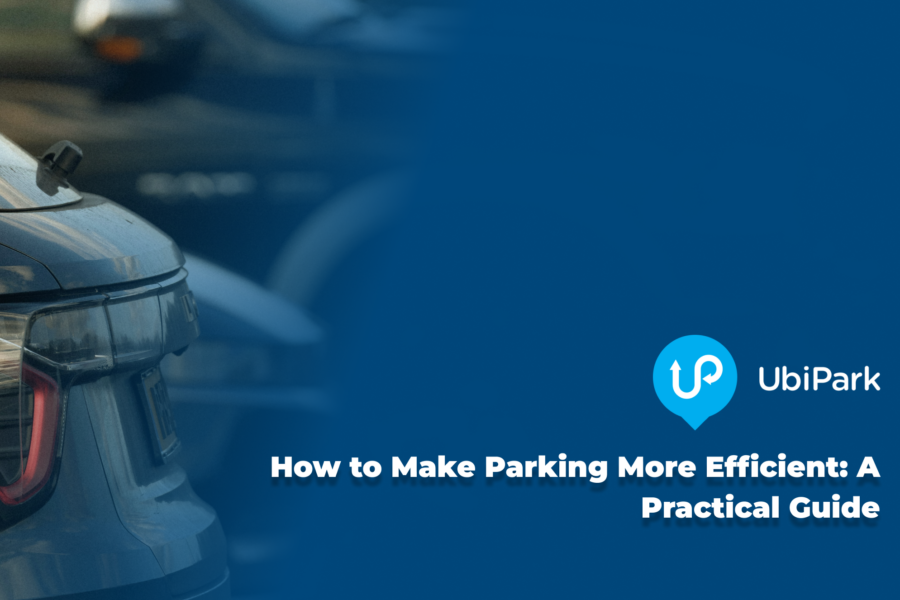Streamlining Urban Parking: The Role of Parking Permits in Modern Cities

March 21, 2024
In bustling urban environments, finding parking can often feel like a challenge. With limited space and a growing number of vehicles, the quest for a parking spot can leave drivers frustrated, contributing to congestion and inefficiency in city centres. However, amidst this chaos, there exists a solution that holds the potential to transform the parking landscape: parking permits.
Parking permits play a crucial role in streamlining urban parking and enhancing the overall mobility experience for both residents and visitors alike. By granting permit holders exclusive access to designated parking spaces, cities can effectively regulate parking demand and ensure optimal utilisation of available parking inventory.
Prioritising Parking Access
Residential parking permits allocate a certain number of parking spaces exclusively for local residents, shielding them from the influx of commuter vehicles and ensuring that they have convenient access to parking near their homes. This not only enhances the quality of life for residents but also fosters a sense of community and belonging within neighbourhoods.
Similarly, parking permits for businesses play a vital role in supporting local commerce and economic activity. By offering designated parking spaces for employees and customers, businesses can attract foot traffic and enhance accessibility, ultimately driving growth and vitality in commercial districts. Moreover, parking permits can be tailored to accommodate varying business needs, whether it’s short-term parking for customers or long-term parking for employees, thereby providing flexibility and convenience for all stakeholders.
Revenue Generation and Resource Management
In addition to managing parking demand, parking permits also serve as a valuable revenue-generating tool for cities. By implementing permit programs, cities can generate revenue through permit fees, fines for violators, and other related charges. This revenue can then be reinvested into transportation infrastructure, public services, and other community initiatives, ultimately benefiting the entire population.
Furthermore, parking permits enable cities to efficiently allocate parking resources. By strategically distributing permits based on demand and availability, cities can maximise the utilisation of parking inventory, reducing congestion and optimising space usage. This targeted approach ensures that parking spaces are allocated to those who need them most, promoting fairness and equity in urban parking.
Integration with Technology
Parking permit programs can be enhanced through the integration of technology. Digital permit systems with UbiPark streamline the application and renewal process, eliminating the need for physical permits and reducing administrative overhead.
Moreover, advanced parking management systems can leverage data analytics and real-time monitoring to optimise parking allocation, identify trends, and make data-driven decisions to improve overall parking management strategies. By analysing parking patterns and demand fluctuations, cities can implement proactive measures to address parking challenges and enhance the efficiency of their permit programs.
Effective Planning and Enforcement
The success of parking permit programs hinges on effective planning, implementation, and enforcement. Cities must carefully assess parking demand, establish clear permit policies, and communicate effectively with residents and stakeholders to ensure widespread adoption and compliance. Additionally, robust enforcement mechanisms, such as parking enforcement officers and digital enforcement tools, are essential to deter unauthorised parking and maintain the integrity of the permit system.
Conclusion
Parking permits play a critical role in streamlining urban parking and fostering a more efficient and equitable parking ecosystem. By prioritising parking access for residents and businesses, generating revenue for cities, and leveraging technology to enhance effectiveness, parking permits have the potential to revolutionise the way we think about and manage parking in modern cities. As urban populations continue to grow and evolve, parking permits will remain a fundamental tool for promoting mobility, accessibility, and sustainability in our urban environments.




